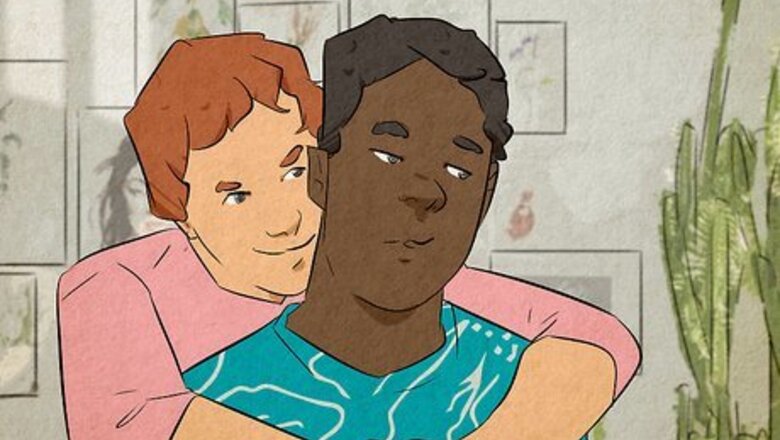
views
- Codependency is bad because it produces unhealthy, one-sided relationships in which one person neglects their own well-being and prioritizes someone else’s needs.
- Codependency can be detrimental to a person’s self-esteem. Codependent people have a “need to be needed” and derive their self-worth from others.
- In romantic relationships, codependency harms both partners, enabling one person’s bad behaviors while forcing the other to “clean up the mess.”
Why Codependency Is Bad
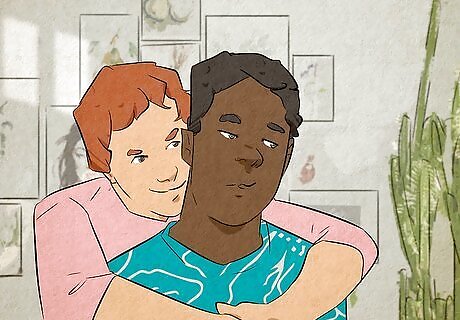
Codependency causes unhealthy, one-sided relationships. While the term is often used to describe someone who’s “clingy,” true codependency can be much more serious. Codependent people have an overwhelming urge to “take care” of others. They may form relationships with abusive, neglectful people who always need “rescuing” or constant attention. For instance, they may try to protect their spouse from the consequences of bad behavior, such as by hiding evidence of alcoholism or lying to relatives about how often their spouse drinks. In a codependent relationship, one person is always being cared for, while the other—the codependent one—is always doing the caring. Despite being one-sided, this dynamic can be toxic for both partners since it enables bad behaviors. For example, a codependent person may avoid confronting their partner’s alcoholism, harming both the relationship and their partner’s health.

Codependent people often neglect their own well-being. They usually prioritize other people’s needs first, while treating their own needs as unimportant. This self-neglect can be devastating. For instance, a codependent person might choose to skip a doctor’s appointment because their spouse doesn’t approve of them going out alone. For another example: A codependent person whose spouse gambles compulsively might allow their spouse to drain their joint bank accounts or rack up credit card debt. This can also lead to a lack of independence, since codependent people are unable to explore their own interests and desires.

Codependency damages a person’s self-esteem. Codependent people seek approval from others, deriving their self-worth from feeling “needed” or “valuable.” Since they lack inner confidence, their self-esteem can be shaken if someone doesn’t give them the approval they’re looking for. Everyone wants to feel needed and “approved of” by others to some degree. But codependent people depend on such external approval validation more than most.
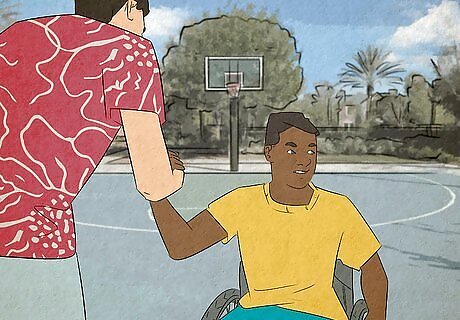
Codependent people have difficulty accepting help. They’re often perfectionists who want to do everything themselves, including taking care of others around them. They may take pride in being the “fixer” who keeps things together, all on their own. Or they may be too ashamed to ask for help, as if doing so would amount to weakness or admitting defeat. By declining help, or refusing to ask for it, codependent people force themselves to face challenges alone. This is a huge emotional burden.
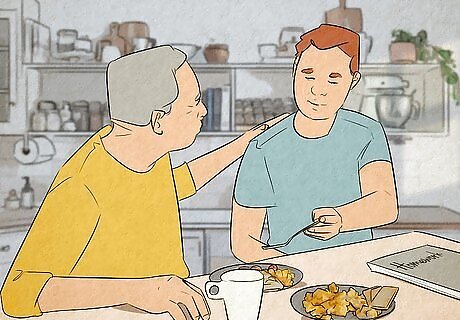
Codependent relationships can prevent you from achieving your goals. Taking care of someone all the time leaves little room for pursuing your own dreams. By putting themselves second, codependent people are less likely to advance in their careers, learn new skills, form new friendships, or explore hobbies and passions that may interest them. Their existing friendships, meanwhile, may fizzle out since codependent people may neglect to keep in contact. Their careers and education could also stagnate. For instance, they may choose not to apply for graduate school or pursue a higher-paying position with their employer, despite having the necessary skills and experience.
Signs of Codependency
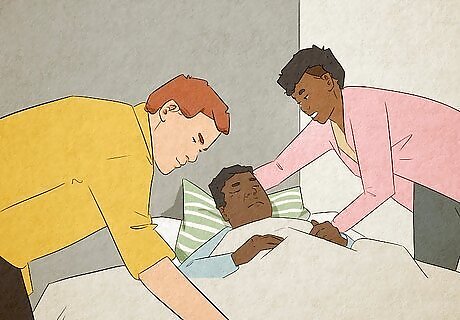
You feel obligated to take care of others. You have an overwhelming need to make others comfortable, or to help them manage their problems. You prioritize their comfort over your own. Seeing others happy makes you happy—but you never feel like you’ve done enough. In romantic relationships, a codependent person may often become their partner’s “caretaker,” emotionally speaking.
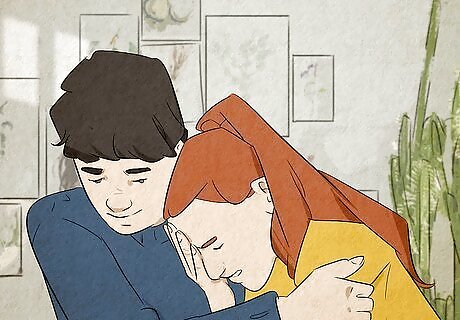
Being “needed” makes you feel worthy and validated. You want to be all-important to someone, even if it means making that person the center of your world. You worry that they might fall apart with you or be unable to take care of themself. Helping them, or rescuing them from their problems, gives you a sense of purpose. On the other hand, feeling “unneeded” is heartbreaking. When someone declines your help or insists on being independent, you feel rejected.
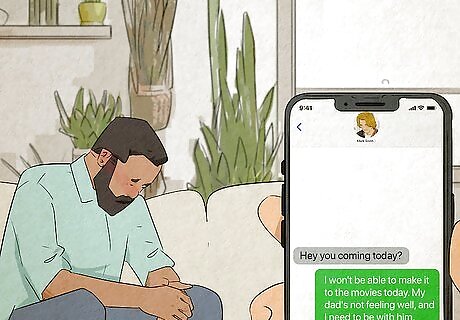
You neglect your own needs, desires, interests, and friendships. You rarely practice self-care or explore your own identity because you’re constantly putting others first. This could manifest in many ways. For instance, you might not get enough sleep because you spend most nights letting your best friend “vent” to you about their problems. Or you might forget to stay in touch with friends because you spend all your time with your romantic partner. Neglecting yourself can cause you to lose touch with your identity. You might forget, for example, that you’re a good swimmer or a great cook because you neglect to do those things in favor of taking care of your partner.
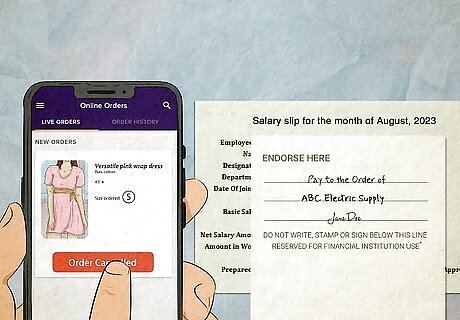
Prioritizing yourself makes you feel guilty. Putting yourself first makes you feel like you’re betraying or inconveniencing others. You may want to be more independent or have things your way, but asserting yourself makes you uncomfortable—or worse, it makes others in your life upset. Putting your needs aside helps you avoid this discomfort and gain approval from others. In some cases, cultural differences can make it difficult to overcome codependency. Some cultures prioritize hospitality, graciousness, and putting others first, even at great personal cost. Depending on your culture and upbringing, you might feel extra pressure to make others comfortable, and to avoid confrontation.
What Healthy Dependency Looks Like
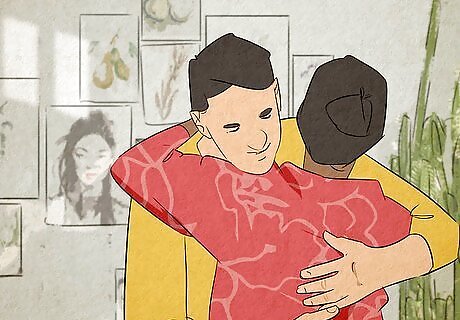
Healthy dependency fosters balanced, mutually supportive relationships. Whereas codependency creates one-sided relationships in which one person sacrifices everything for the other, healthy dependency allows both people to be self-reliant while still supporting each other. In these relationships, friends and partners may have each other’s backs, but each person stands on their own two feet. No relationship is perfect, and unhealthy dynamics can still emerge from time to time. But healthy dependency allows people to work through their problems, learn from their mistakes, and change their behaviors.
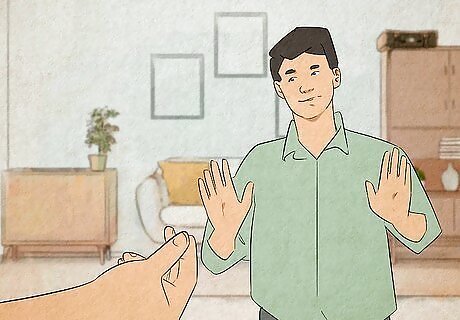
People with healthy dependency prioritize themselves when needed. Folks with healthy dependency still care for others, worry about others, and even put others first sometimes. But they also expect the same in return. They also seek relationships with people who reciprocate and give back. People with healthy dependency are also able to say “no” to others. They’re comfortable setting boundaries, and they’re willing to advocate on their own behalf.

Healthy dependency allows people to remain independent. Best friends and true soulmates may have worlds in common, but they’ll inevitably have different needs, varying interests, or conflicting opinions from time to time. This is totally normal. Instead of sacrificing one’s needs or hiding opinions from each other, healthy dependency encourages people to respect each other’s individuality and separateness. Maintaining independence could mean having separate friends, enjoying different hobbies, or letting each other fix your own problems sometimes.

People with healthy dependency have better self-esteem. By not relying on others for approval, folks with healthy dependency learn to build inner confidence. Their self-worth isn’t automatically shaken when someone disapproves of them or declines their help. They don’t “need to be needed,” and they know that other people love and appreciate them. Anyone can struggle with self-esteem. People with healthy dependency can still experience self-doubt, insecurity, and sadness, but they don’t always rely on others to lift them up.
How to Get Help If You’re Codependent
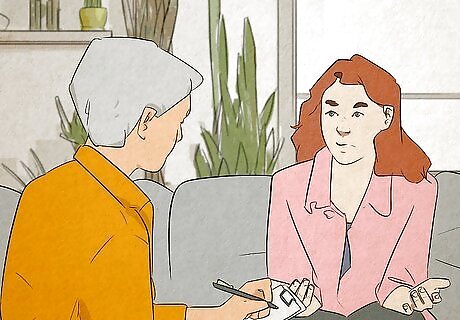
Talk to a therapist or counselor who specializes in codependency. A skilled therapist can help you explore the roots of your “need to be needed.” They can address underlying trauma or mental health issues, like depression. This process can help you understand and change your behavior. Search for therapists online, through your college or university, or by contacting your insurance provider. Your insurance provider can direct you to an in-network therapist whose services are covered by your policy. If you don’t have health insurance or can’t find an in-network therapist, contact therapists to request a sliding scale fee.
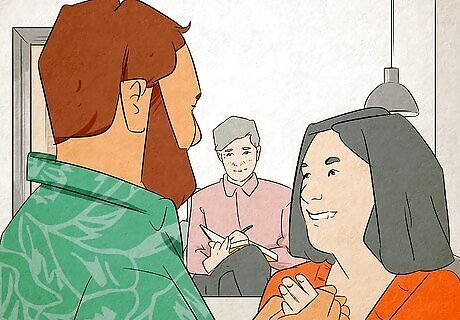
See a couples’ therapist if you’re in a codependent relationship. Couples’ therapists specialize in helping folks build better, healthier relationships. If you’re in a codependent relationship, a therapist can help you and your partner identify negative patterns and problematic behaviors. They can also help you practice better communication and self-sufficiency. Talk to your spouse or partner about attending couples therapy.

Practice self-care and putting yourself first. Pay attention to your own needs, interests, and separate relationships. If doing all the cooking for your family leaves you with no time to rest in the evening, ask your partner or another family member to handle dinner one night. Stay in contact with friends and family members and make time to see them, with or without your partner. Set aside personal time for the things you enjoy. For instance, you could exercise, read a book, or watch a TV show you love.















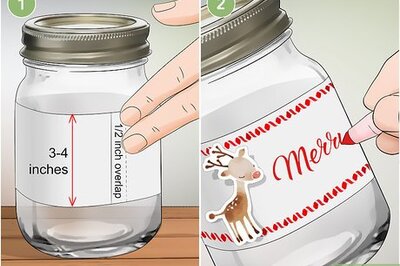




Comments
0 comment